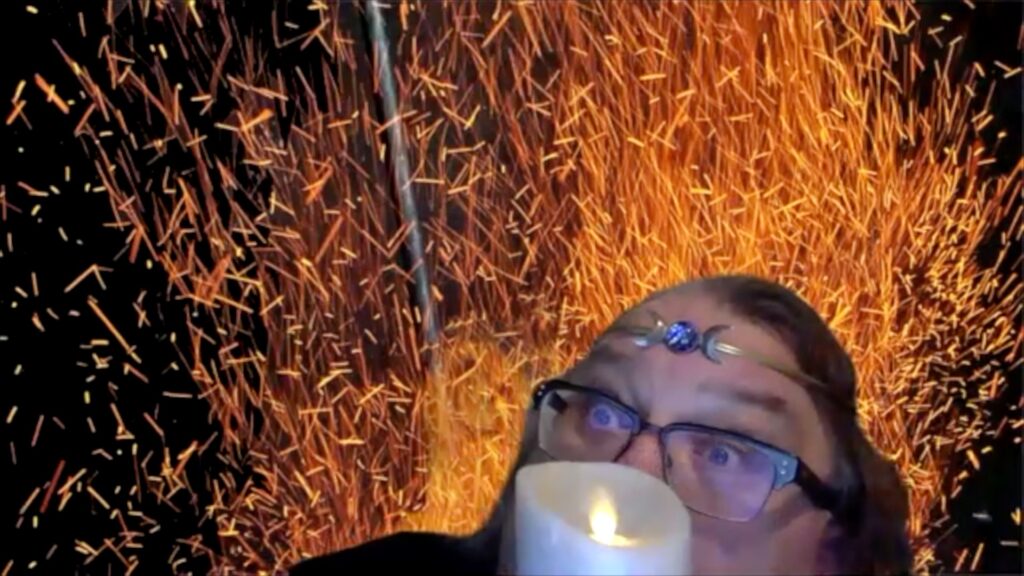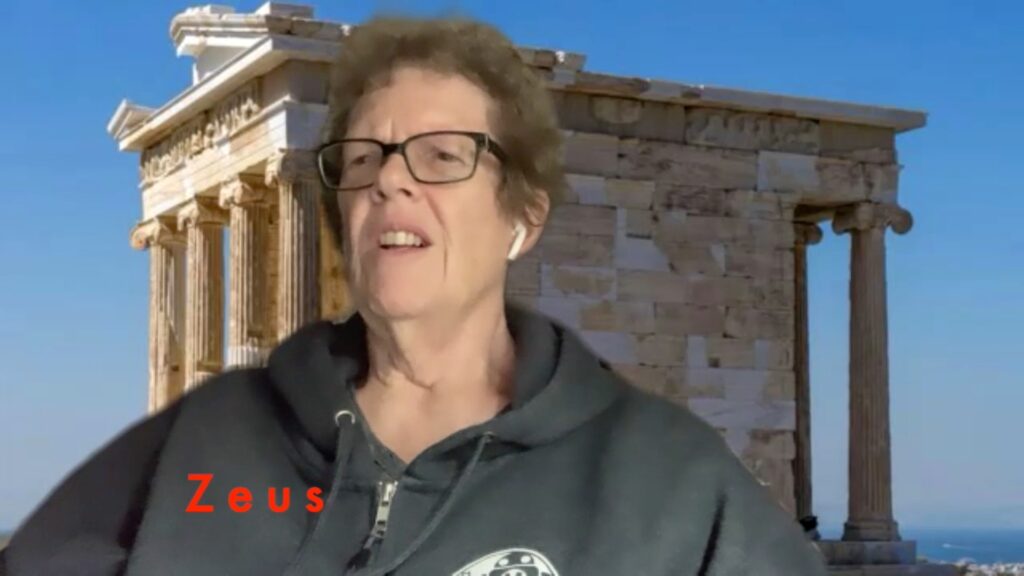The final installment of the Prometheus myth:

As usual, full script is below….
Continue reading “Prometheus, part 4”Yet Another Unitarian Universalist
A postmodern heretic's spiritual journey.
The final installment of the Prometheus myth:

As usual, full script is below….
Continue reading “Prometheus, part 4”The next installment in the series:

Full script below.
Continue reading “Prometheus, part three”The next installment of the Prometheus myth:

As usual, full script is below.
Continue reading “Prometheus, part two”William R. Jones, UU theologian and one-time religious educator, pointed out may years ago that the myth of Prometheus serves as a useful counter to the myth of Adam and Eve. For Adam and Eve, rebellion is sinful; for Prometheus, “a response of rebellion is soteriologically authentic.” Although Jones considers the Prometheus myth to be important for humanists, I think Prometheus is important for anyone who is an existentialist — which means almost every Unitarian Universalist today, whether they are humanist existentialists, Christian existentialists, pagan existentialists, Buddhist existentialists,….
That means the myth of Prometheus should be an integral part of Unitarian Universalist religious education for kids. Here’s one attempt to make that happen, as several ordinary people go back in time to relive the myth o Prometheus:

Full script is below….
Continue reading “Prometheus, part one”While on vacation, I missed the death of Rev. Dr. William R. Jones, who died on July 17 at age 78; commenter Dan Gerson drew my attention to that fact today. Jones was the pre-eminent Unitarian Universalist humanist theologian of the past fifty years, one of the handful of truly important Unitarian Universalist theologians of any kind from the past half century, and arguably the best Unitarian Universalist thinker on anti-racism.
Jones is a major figure who deserves a full critical biography, which I am not competent to write. But here is an all-too-brief overview of his life and work:
Education and ministry
William Ronald Jones was born in 1933. He received his undergraduate degree in philosophy at Howard University. He earned his Master of Divinity at Harvard University in 1958, and was ordained and fellowshipped as a Unitarian Universalist minister in that year. He served from 1958-1960 at a Unitarian Universalist congregation in Providence, Rhode Island. Mark Morrison-Reed states that Jones served at First Unitarian as assistant minister (Black Pioneers in a White Denomination, p. 139), but the UUA Web site states that he served at Church of the Mediator as “minister”; I’m inclined to believe Mark’s book, as the UUA listings of ministers are prone to error.
After a two-year stint as a minister, Jones went on to do doctoral work in religious studies at Brown University, receiving his Ph.D. in 1969. His dissertation was titled “On Sartre’s Critical Methodology,” which discussed “Jean-Paul Sartre’s philosophical anthropology” (Lewis R. Gordon, An Introduction to Africana Philosophy [Cambridge University, 2008], p. 171).
As you can see, Jones quickly moved from the parish to the academy. Of course he was well suited to the academy because of his intellectual abilities, but also there is little doubt that there were few doors open for African American ministers looking for Unitarian Universalist pulpits in the 1960s.
The years at Yale
After receiving his Ph.D., Jones was an assistant professor at Yale Divinity School from 1969 to 1977. It was while he was at Yale that he gained renown as a Black theologian with a unique take on the issue of theodicy. Continue reading “William R. Jones: a brief appreciation”